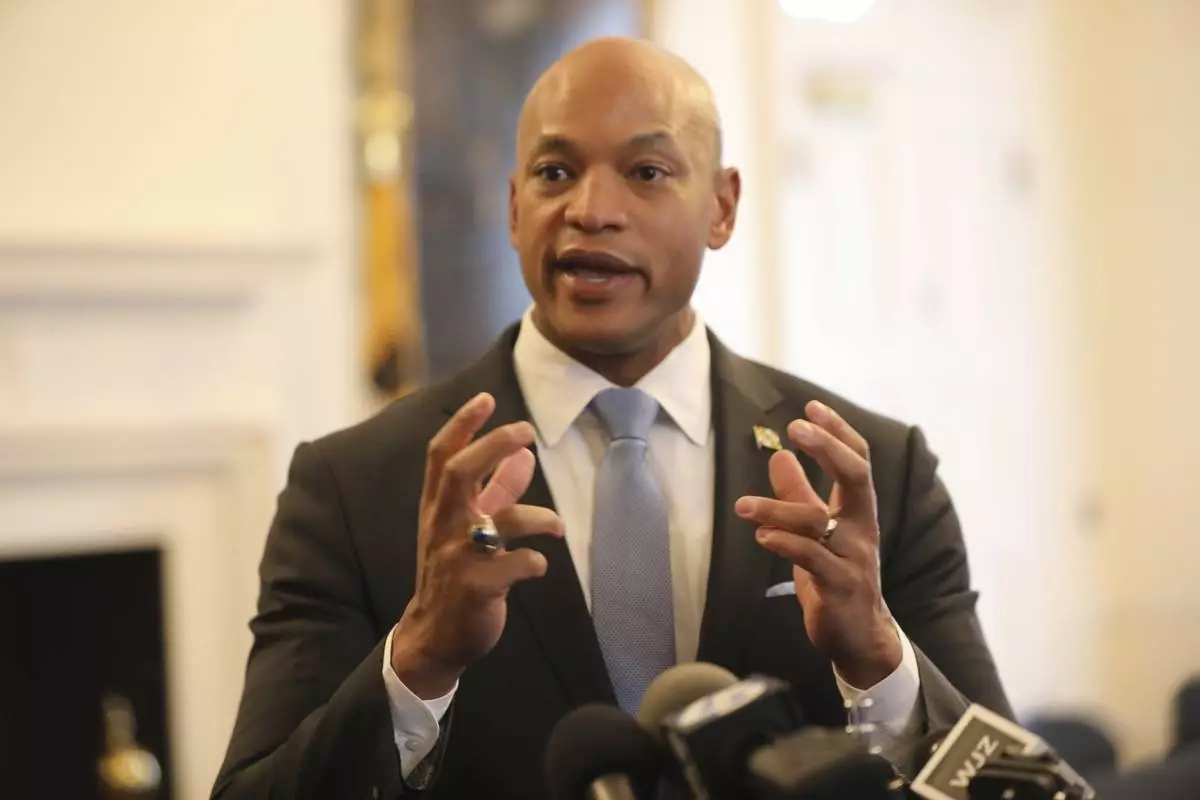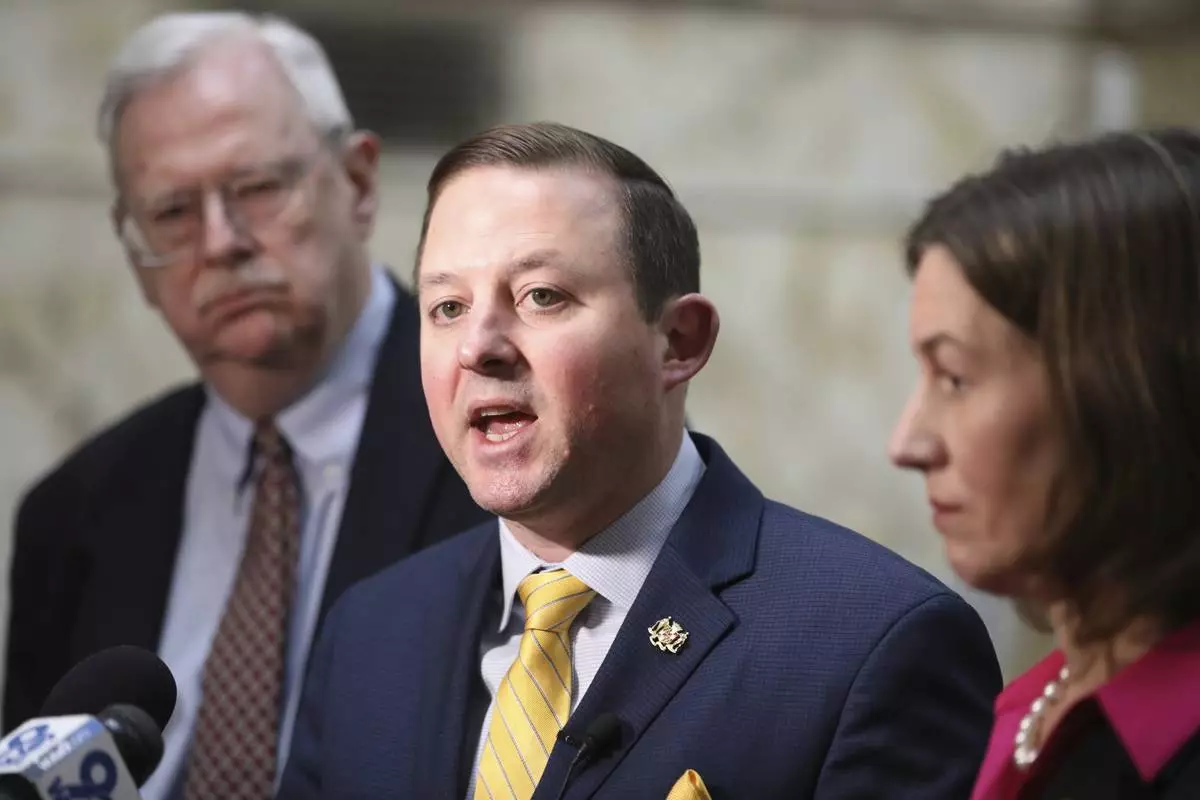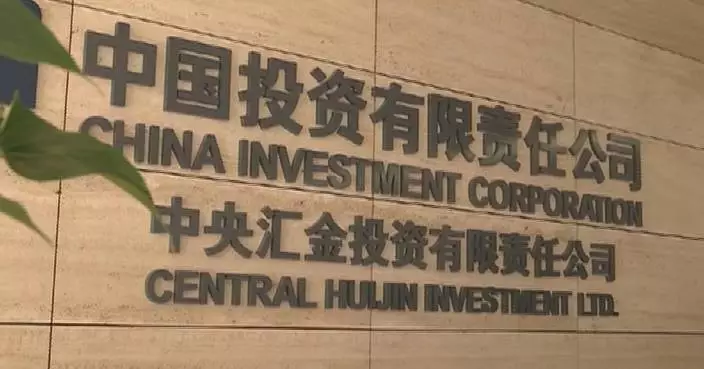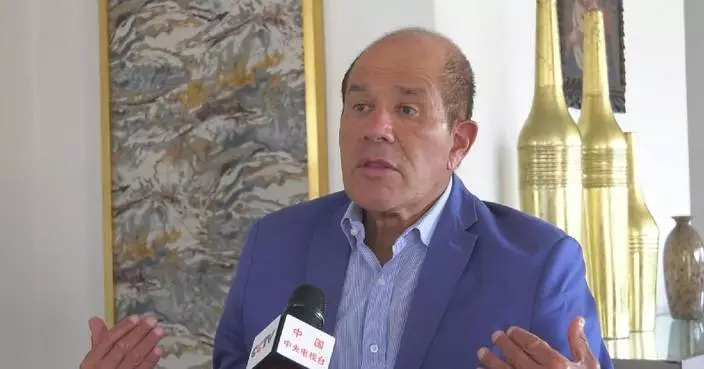LONDON--(BUSINESS WIRE)--Jan 8, 2025--
euNetworks Group Limited (“euNetworks”), a European critical bandwidth infrastructure company, has completed a series of optimisations on its ultra-low latency routes to Euronext’s core data centre in Bergamo, Italy. The optimisation work resulted in bringing the shortest fibre paths to market. In addition, euNetworks has undertaken its longest ever hollowcore fibre (HCF) deployment in this system and for the first time, within the long haul intercity section of a route. This eclipses a 40 kilometre deployment by the company, announced in January 2023 and has delivered market leading ultra-low latency route performance to Euronext, exclusively for use by euNetworks customers.
This press release features multimedia. View the full release here: https://www.businesswire.com/news/home/20250108203092/en/
euNetworks has now successfully deployed hollowcore fibre in five parts of its euTrade network platform — ultra-low latency fibre-based routes dedicated to supporting the bandwidth needs of the financial services and trading community. The company has pioneered the integration of this advanced optical fibre technology within its network systems, and is the European telecom industry’s technical experts in the deployment and commercial use of hollowcore fibre.
Kevin Dean, Interim CEO of euNetworks, said, “Hollowcore fibre offers approximately one-third lower latency than regular single mode fibre, so deploying this advanced optical fibre within our already optimised ultra-low latency routes and across our euTrade platform, delivers true market-leading network performance to our customers. This deployment is also our first in a long haul section of network, and I am hugely proud of the teams’ accomplishments.”
Dean added, “For over a decade euNetworks has consistently invested in, augmented and optimised ultra-low latency routes into key trading exchanges across Europe, and we remain committed to this strategy. Our focus is to deliver the best possible bandwidth solutions for our customers between key locations, and these deployments and optimisations reinforce the market-leading connectivity we provide to the financial services community.”
For more information on euNetworks’ euTrade solution go to: https://eunetworks.com/services/solutions/eutrade/
About euNetworks
euNetworks is a critical bandwidth infrastructure company, owning and operating 18 fibre-based metropolitan networks connected with a high capacity intercity backbone covering 53 cities in 17 countries across Europe. The company leads the market in data centre connectivity, directly connecting over 557 today. euNetworks is also a leading cloud connectivity provider and offers a targeted portfolio of metropolitan and long haul services including Dark Fibre, Wavelengths, and Ethernet. Wholesale, finance, content, media, mobile, data centre and enterprise customers benefit from euNetworks’ unique inventory of fibre and duct based assets that are tailored to fulfil their high bandwidth needs.
The company delivers services with an active commitment to sustainability and is focused on its path to being carbon emissions net zero, environmentally responsible supply chain management and working as a community and industry to collaborate on the environmental challenges ahead. For further information visit eunetworks.com.


Kevin Dean, Interim CEO of euNetworks (Photo: Business Wire)
ANNAPOLIS, Md. (AP) — Maryland lawmakers ended their legislative session late Monday in a challenging budget year that was aggravated by uncertainties with the Trump administration’s downsizing of the federal government on a state that relies heavily on federal jobs and contracts.
Democratic Gov. Wes Moore and lawmakers addressed a $3.3 billion deficit by making cuts throughout state government and raising taxes and fees.
Lawmakers also announced they were forming a panel to monitor federal actions and provide updates to legislators to prepare them to respond to decisions in the nation’s capital 30 miles (48 kilometers) away.
“From public education, to health care, and our federal workforce, we have already witnessed how recent federal actions threaten the economic stability of our state," Maryland House Speaker Adrienne Jones, a Democrat, said. "We know these threats will continue after the General Assembly’s 2025 legislative session adjourns.”
Moore also noted concerns about continuing challenges that the heavily Democratic state faces from actions taken by the Trump administration, from federal job cuts to tariffs.
The governor described the Maryland revenue increases as tax reform that spares the middle class and brings tax cuts for many, while asking more of high-income residents. He said the state budget reductions were “the largest amount of cuts that you've seen in a Maryland state budget in 16 years.”
“We are continuing to deliver for the people of the state, particularly at a time when we're seeing so much chaos coming from Washington, D.C.,” Moore told reporters Monday.
Senate President Bill Ferguson said that from the beginning of the session in January, “the theme that really resonated the most was fear and uncertainty.”
“What's happened at the federal level has been truly unpredictable at every turn,” said Ferguson, a Baltimore Democrat.
Republicans, who are outnumbered in both the House and Senate, have repeatedly noted that Maryland has been facing a big deficit since before Trump regained the White House in January. They criticized the tax increases and fees, noting a variety of them relate to vehicles and will affect anyone who drives.
“We could have done it differently,” said Del. Jesse Pippy, a Republican and the House minority whip who said the budget could have been balanced without tax increases. “I think the taxpayers would have appreciated a different course of action.”
Here is a look at some of the highlights of legislation lawmakers have sent to the governor's desk:
Lawmakers closed a big budget deficit with cuts throughout state government and tax increases.
The budget includes a new 3% tax on information technology services. It also includes two new tax brackets for high-income residents, one for people who make over $500,000 annually and another for those with more than $1 million in annual income.
There also is a new 2% tax on capital gains for people with income over $350,000, as well as tax hikes on recreational cannabis and sports wagering.
Budget legislation includes about $1.6 billion in revenues, along with roughly $2 billion in spending reductions. The state would still have about $2.1 billion in its rainy day fund and a fund balance of more than $300 million.
Lawmakers passed a package of measures aimed at addressing energy needs, including initiatives to generate more power from nuclear, natural gas, solar and battery storage. It also includes a small rebate on state ratepayers’ electric bills, with two installments adding up to an average of about $80.
The Maryland Department of Health would have access to $25 million for an abortion grant program to help providers pay costs for the uninsured. The money comes from part of the federal Affordable Care Act that has collected fees from insurers to pay for abortion services for their policyholders.
Lawmakers approved a measure to make permanent a program that provides subsidies to help young adults get affordable health insurance.
A state board would have its authority expanded to set upper price limits for prescription drugs statewide, instead of only for state and local governments.
People convicted of a crime between the ages of 18 and 25 who have served 20 years or more of a prison sentence would be able to petition for a reduction in sentence if they have not been sentenced to life without the possibility of parole or are a sex offender. The bill does not apply to offenders convicted of killing first responders.
Many more state residents would be able to expunge criminal records after completing their sentences. The measure also will require the state to automatically shield records from public view for roughly 175,000 people who were pardoned by the governor last year for minor cannabis convictions.
A statewide commission would study and recommend potential reparations for slavery and the lingering effects of racial discrimination.
Future liabilities from claims of sexual abuse at state and private institutions would be limited with caps on settlements from $890,000 to $400,000 for cases filed after May 31 for state institutions and from $1.5 million to $700,000 for private institutions.

Maryland Gov. Wes Moore, a Democrat, takes questions from reporters on the last day of Maryland's legislative session on Monday, April 7, 2025, in Annapolis, Md. (AP Photo/Brian Witte)

Maryland Senate President Bill Ferguson takes questions from reporters on the last day of Maryland's legislative session Monday, April 7, 2025, in Annapolis, Md. (AP Photo/Brian Witte)






















































